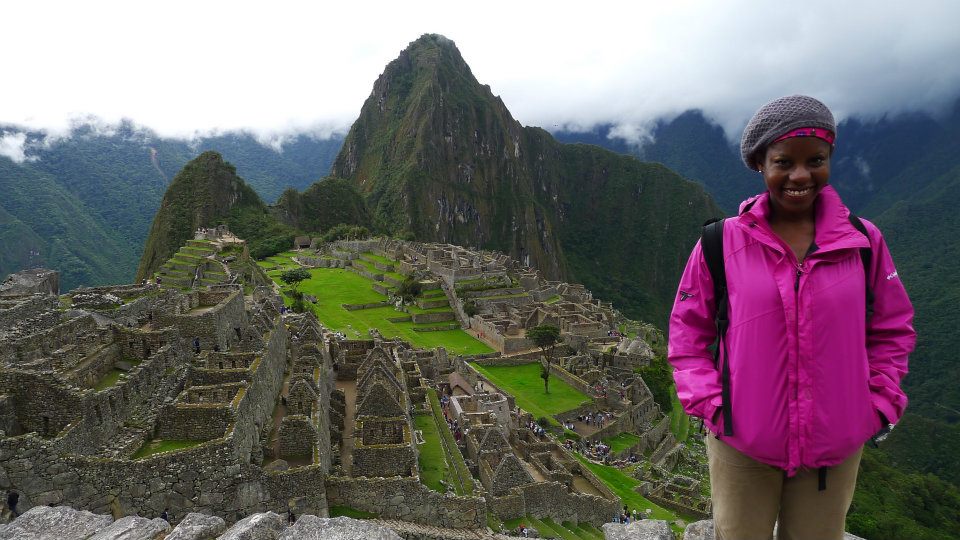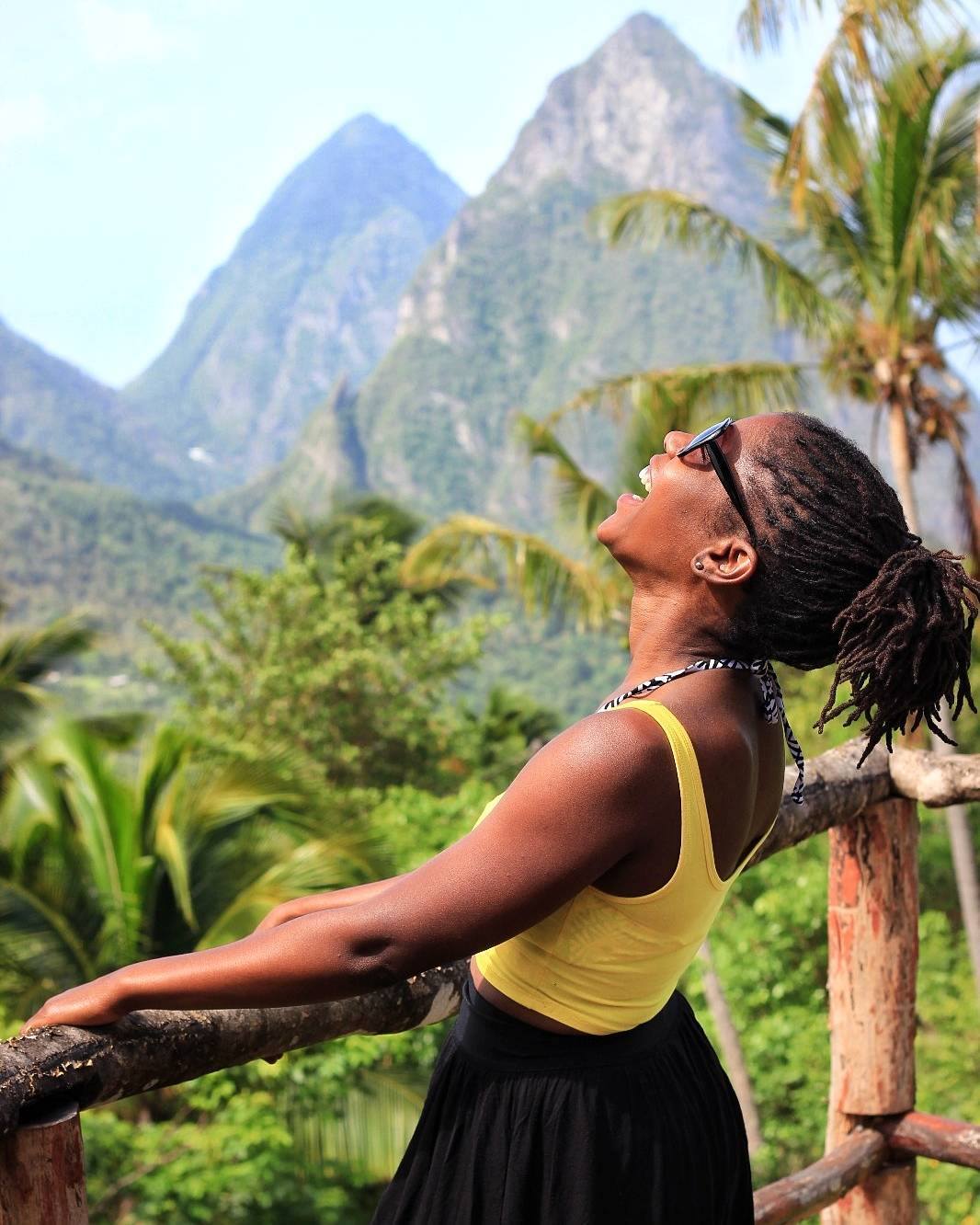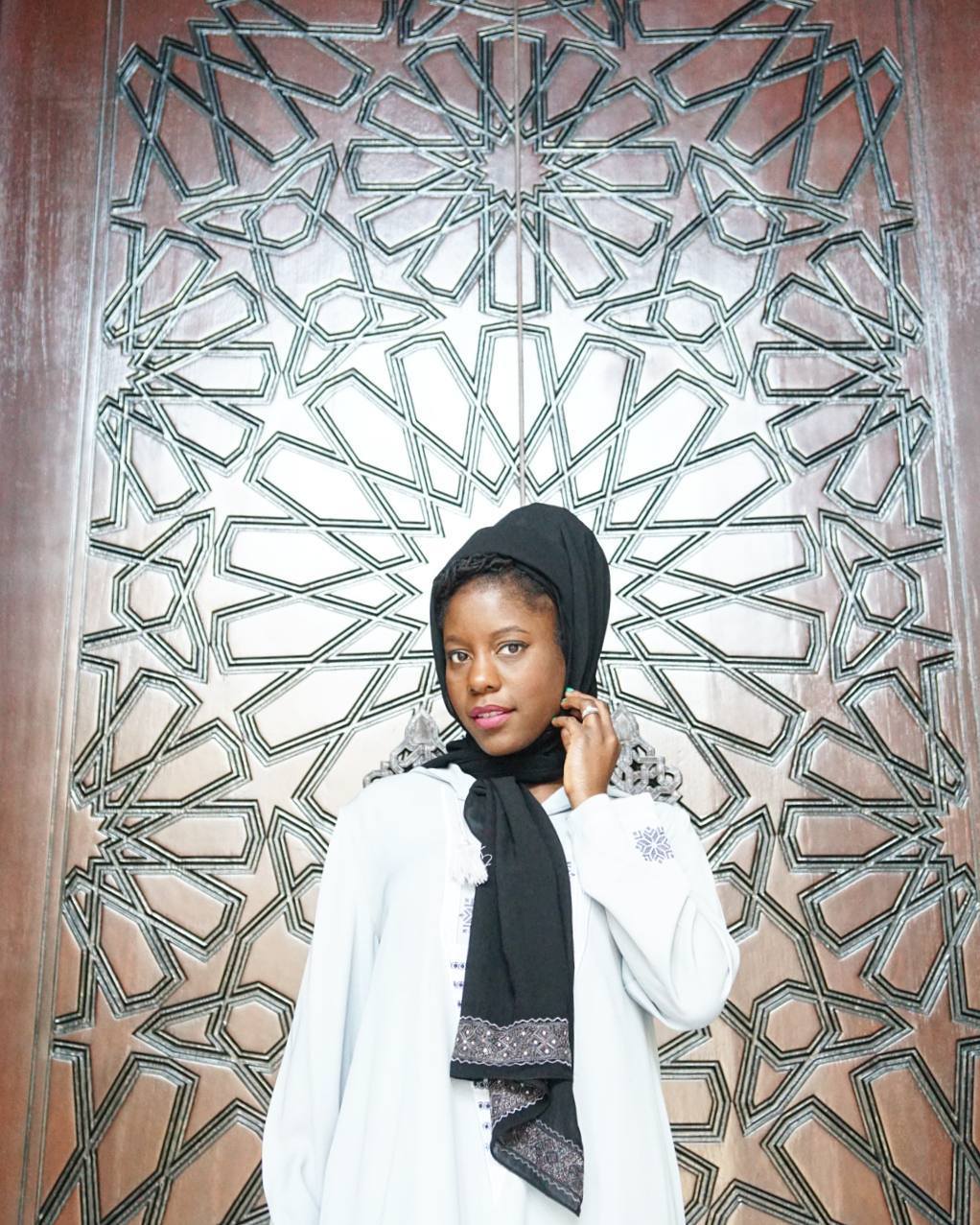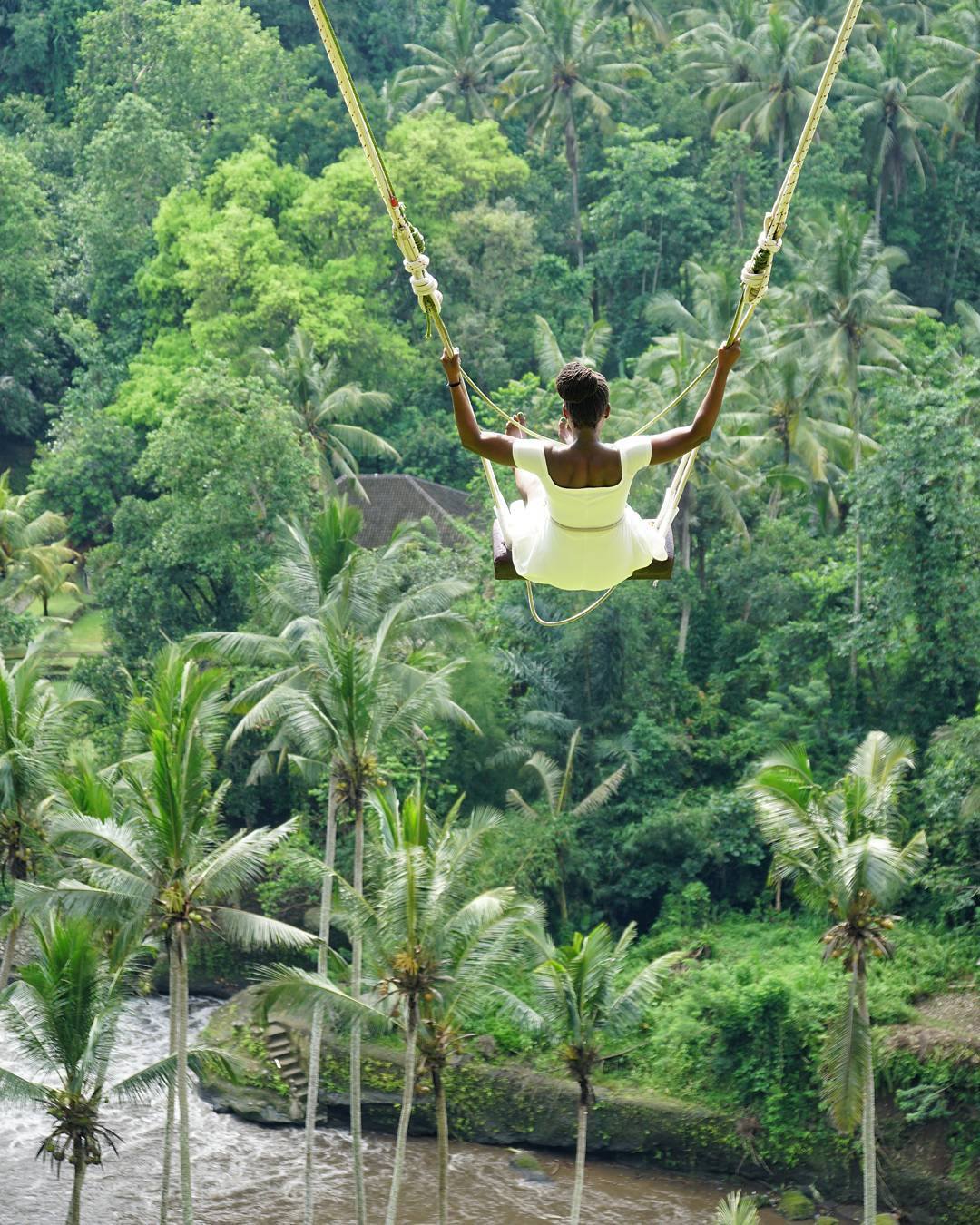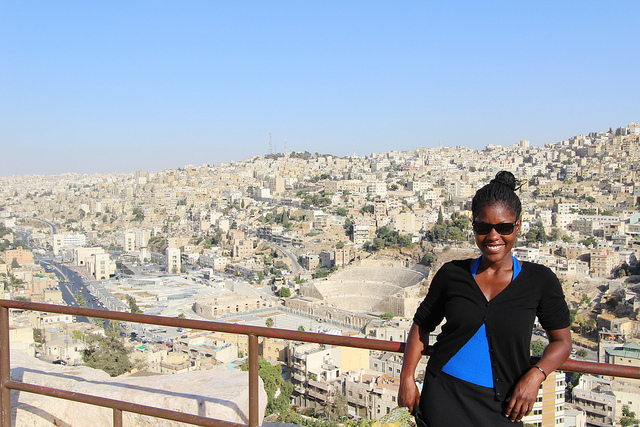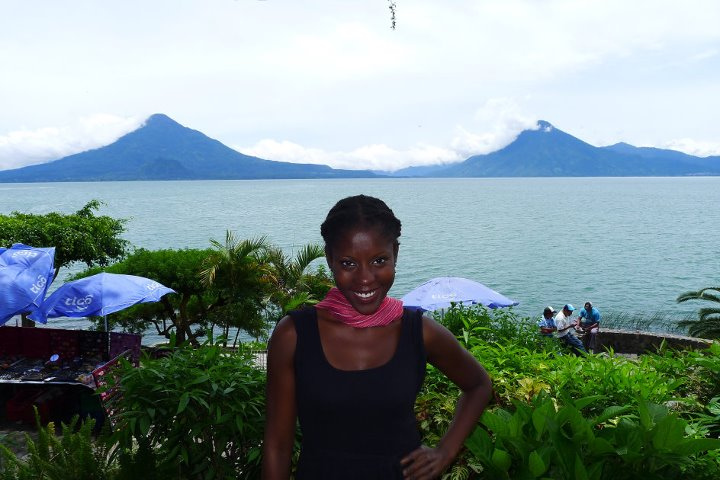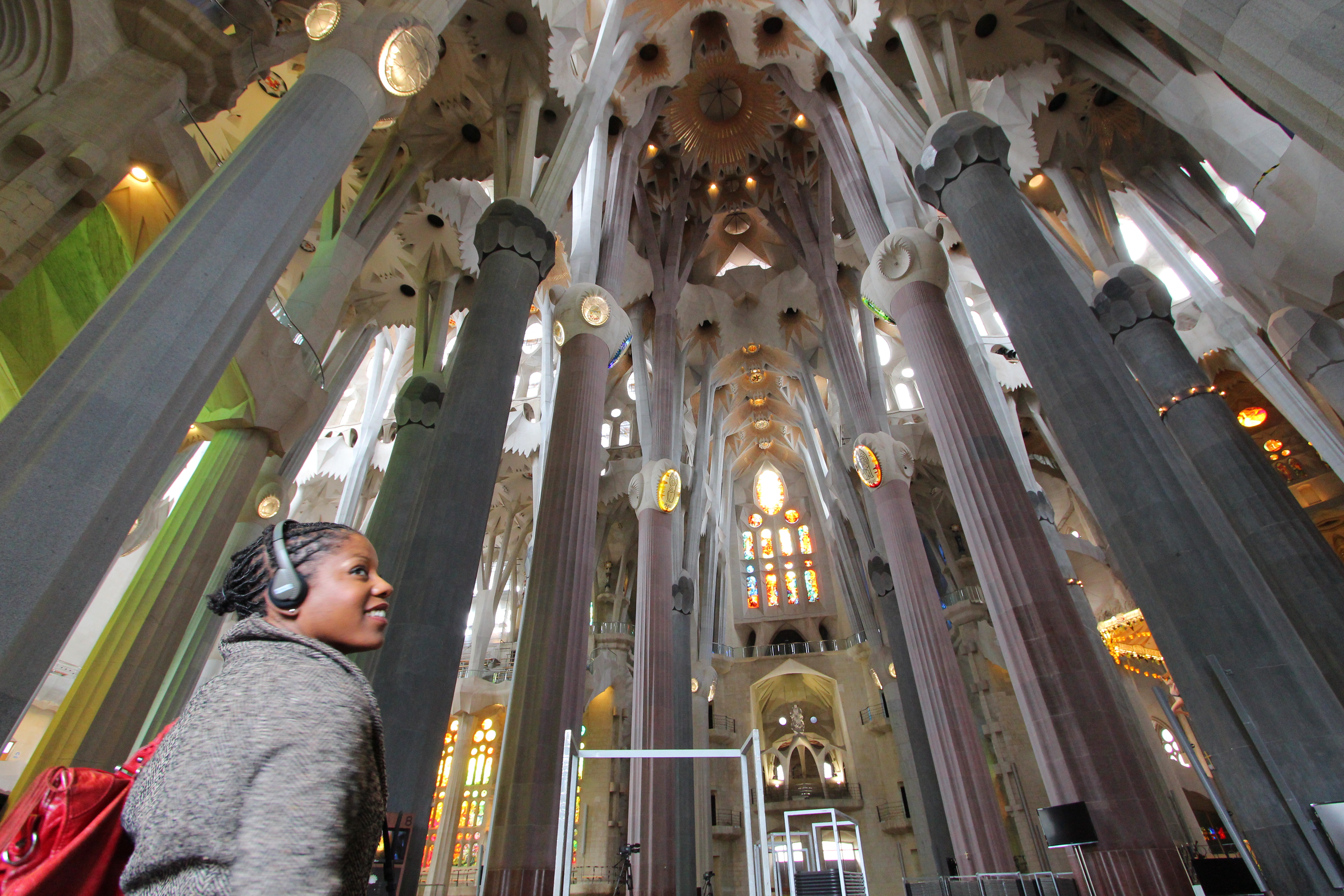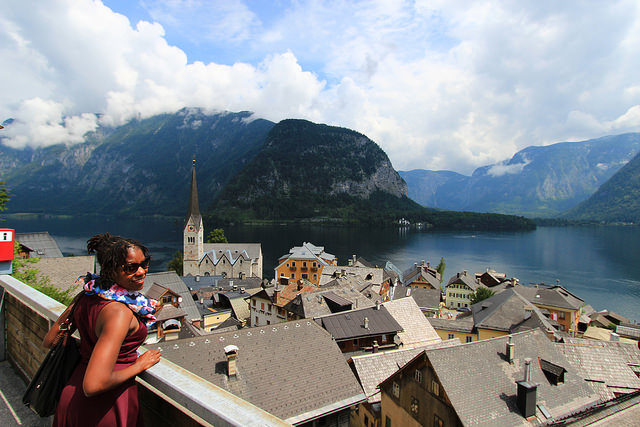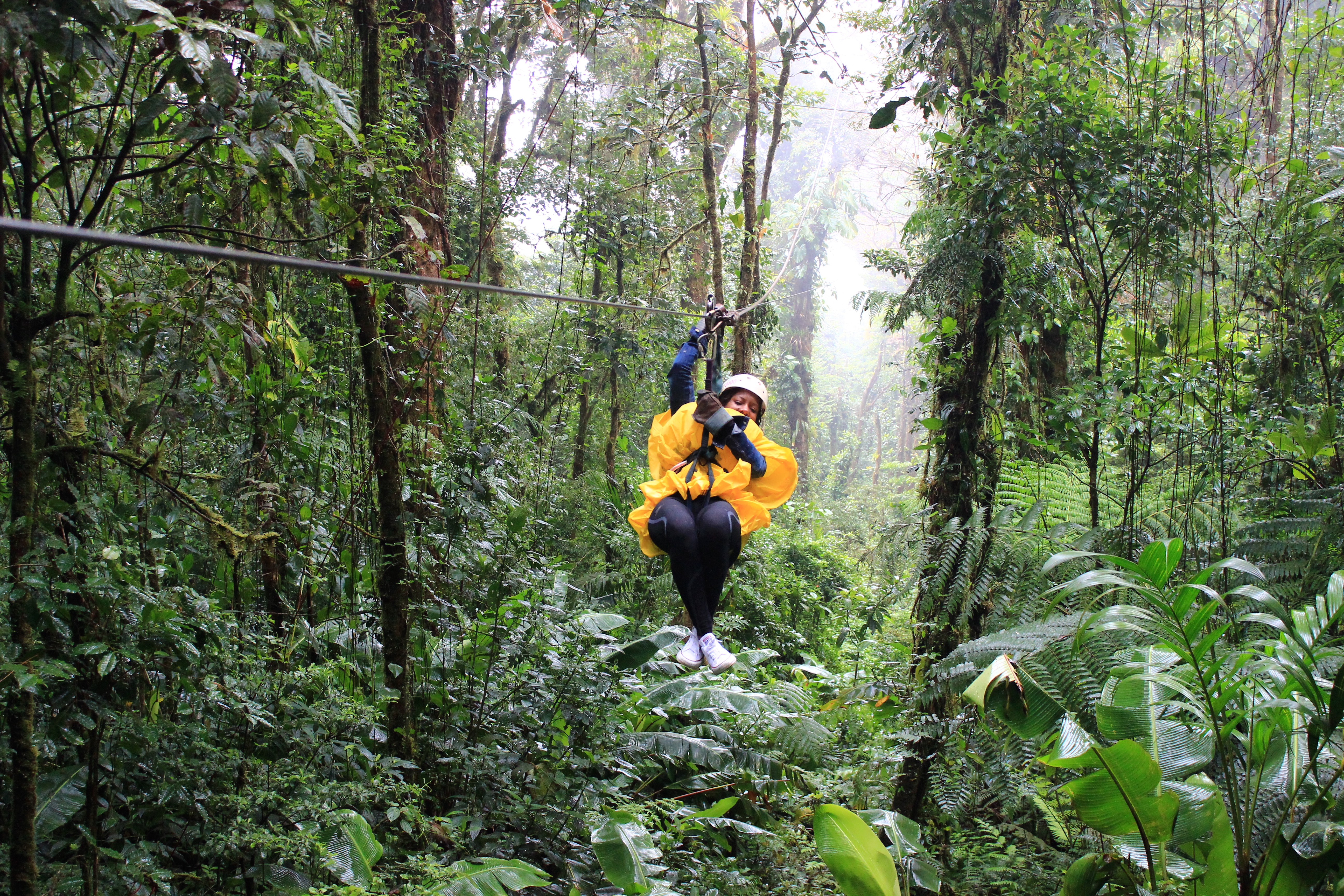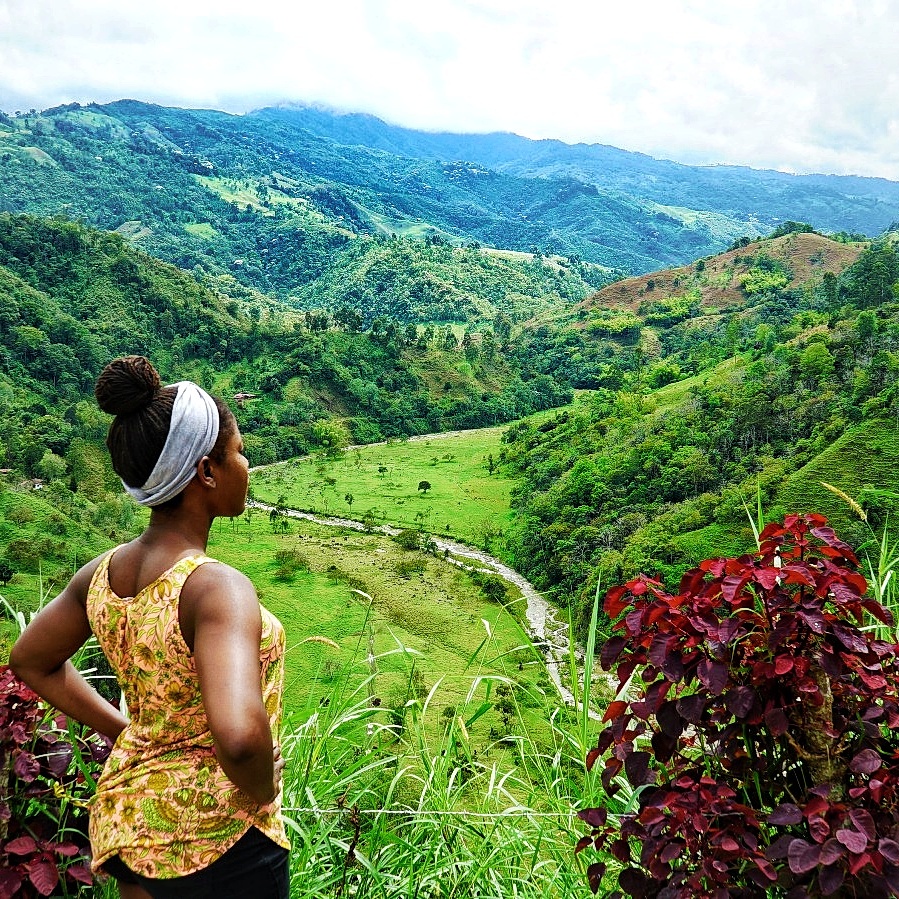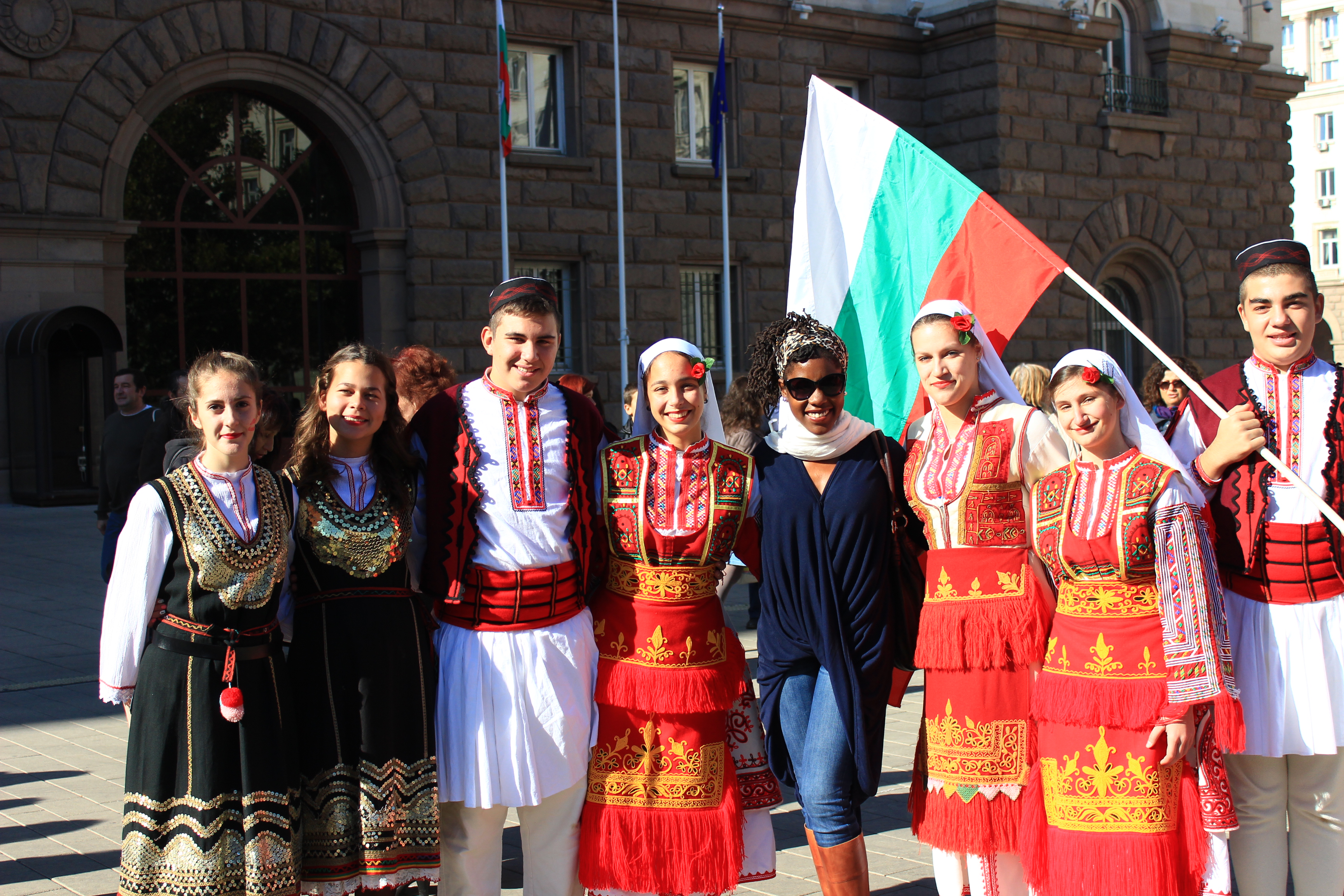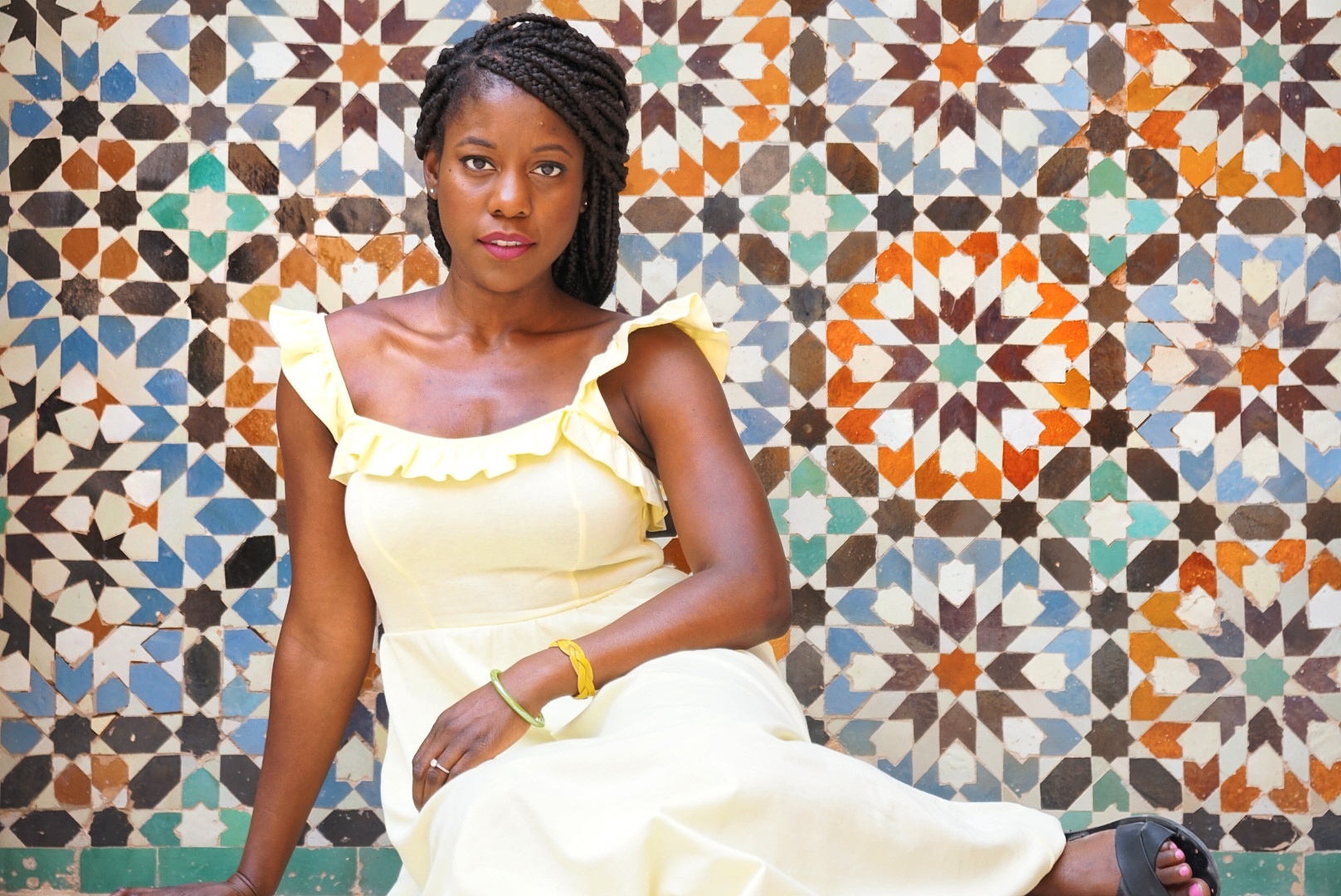
Travel and adventure activities remain universally agreed upon. They are things like fishing for piranhas in the Amazon, bungee jumping over the Zambezi River, and climbing active volcanos in Guatemala and Ecuador. But, there’s also a seemingly universal acceptance that these activities are performed by white men. We’re used to Alastair Humphreys, Bear Grylls, and Tom Avery representing. It’s relatively rare for a woman, much less a woman of color to assert herself in that “adventure” space.
Until now. Oneika Raymond has done every activity on the above list and dozens more. It’s no wonder why she’s been chosen as the host of two Travel Channel web series and acts as the in-house travel expert on CTV Canada’s nationally broadcast breakfast news program Your Morning.
Raymond built her travel career on the firm foundation of her award-winning travel blog — Oneika the Traveller — where she narrates her adventures and encourages women and people of color to give in to their wanderlust and thirst for adventure. In her own words, she seeks to “demystify travel for oft-marginalized groups in a disarming manner,” and she’s absolutely succeeding. Having traveled to over 100 countries on six continents, she has established herself as a travel authority, as well as a go-to speaker for issues of diversity and multiculturalism.
In between traversing the globe and adding yet another language to her impressive polyglot rep, Raymond spoke with us about her travel career and the difficult issues surrounding female representation in travel. For example, she recently examined the aesthetic forwarded by Instagram and questioned the ways in which the promotion of a narrow image proves exclusionary long-term, and she broke that down for us in a really accessible way.
Raymond is wicked brilliant and had some damn good points to make. Check them out below.
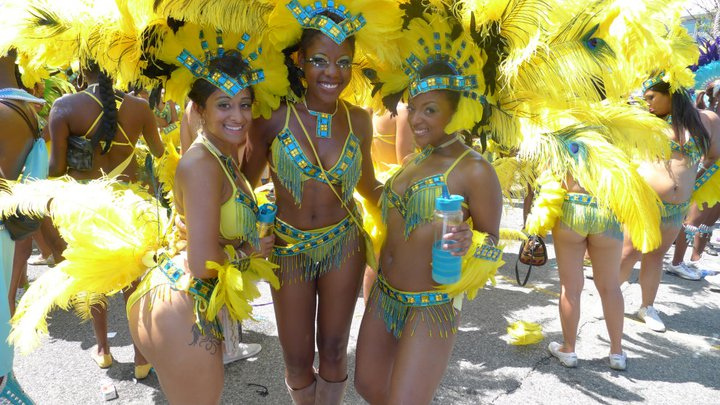
Did you grow up traveling?
I haven’t necessarily always been a traveler, but it’s been in my blood. I grew up in Toronto, Canada. I was a child of Jamaican immigrants. From a very young age, I was attuned to traveling because of these two things. Toronto is a very, very multi-cultural city, one of the most multi-cultural cities in the world. And, of course, having an immigrant upbringing and background opened me up to international travel because my family traveled to the US and to the Caribbean to visit our other family members. With that said, the traveling that I was doing wasn’t necessarily for leisure. A lot of the time, the travel I was doing with my family was to see other family members, so it was a utilitarian thing.
It wasn’t until I got to university and had the opportunity to study abroad in France for a year that I really started to travel for leisure and for education and to basically find myself.
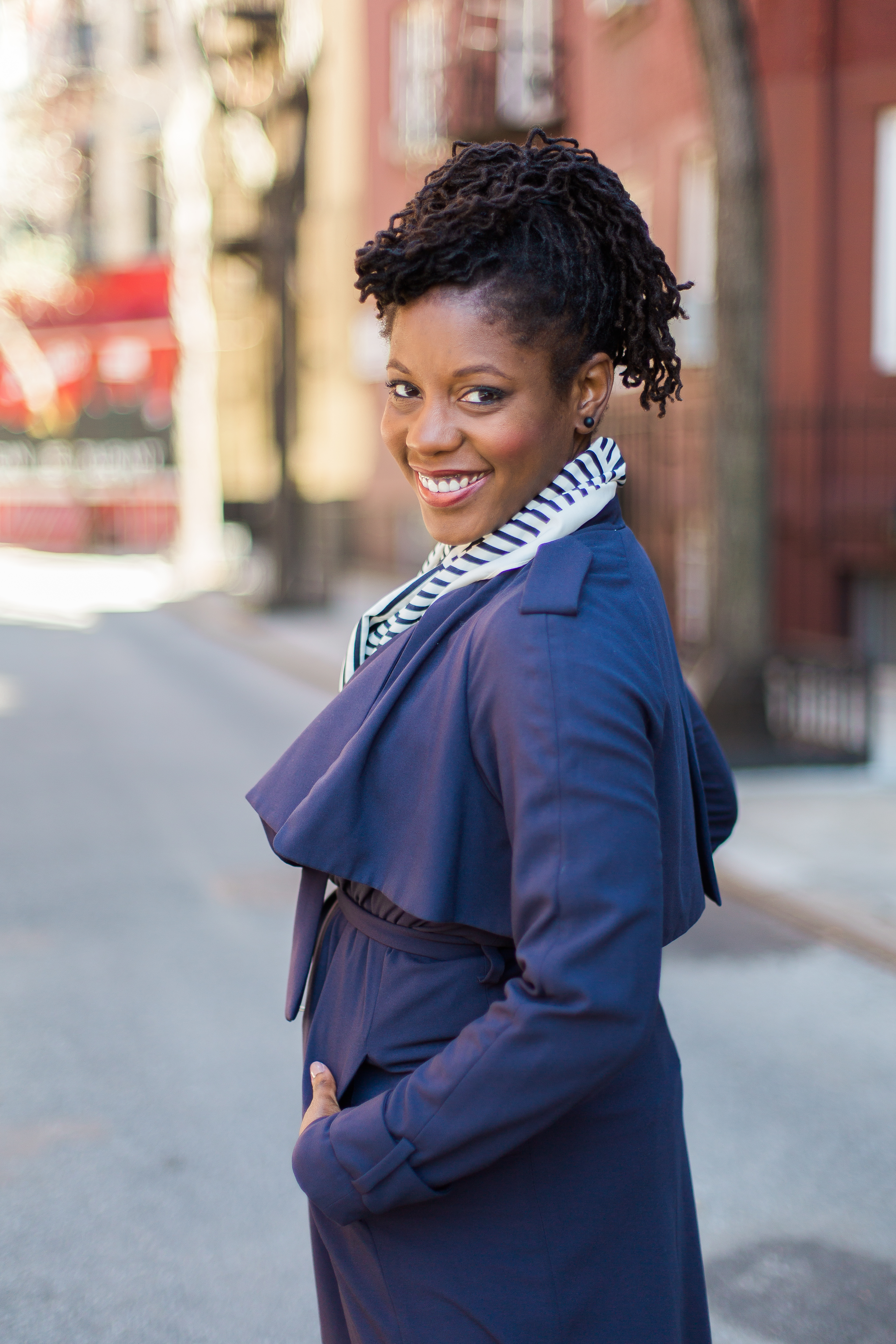
And that has evolved into a career for you, right?
Oh, absolutely. The funny thing is that I never had any intention of working in travel media. I never had any intention of the travels that I did in my youth or as a university student. I fell into it.
The first year I studied abroad and went traveling, my eyes were opened to so many things. I was living in Europe and I met students from all over Europe and from all over the French-speaking world. The first week that I was living in France, I met people from places I didn’t even know existed. I remember meeting someone who came from Reunion Island. I had no clue where that was or what that was. I also remember meeting a person from the Comoros Islands and another person from Tahiti. Again, these places sounded so exotic to me, and I couldn’t even place them on a map. It was that study abroad experience that taught me the world was way bigger than I had ever imagined. I was very curious about the world, so I started to travel and I became addicted to travel.
After that first year abroad, I thought to myself, “This is incredible. How can I do this again?” I managed to spend the second year in France. This time, I wasn’t studying; I was actually teaching English. Through teaching English, I realized that I could basically maintain this lifestyle by teaching abroad and teaching overseas. At that point, I went back home to Canada, and I got my Master’s in Education. I got my teaching diploma and set out on the road again. I was in Mexico for one year. I’ve been to the UK for two years. I was in Hong Kong for a total of five years. Basically, teaching overseas enabled me to see the world and also make some money.
I was writing about travel, but I wasn’t making a living from writing about travel. All that time, I kept up a travel blog, and it was something that was really fun. My travel blog was a way for me to keep in touch with family and friends. I never thought anything of it until I moved to Hong Kong and I realized that I had a larger audience than my family members and my friends. At that point, I started thinking about creating content for these strangers who wanted to know what life was like for me living in Asia and what life was like for me traveling to all of these different places, especially as a woman and also as a woman of color.
That’s how things started. I taught and traveled, lots of travel, for a long time. It evolved. I started getting commissions for my writing. Different publications reached out to me and said, “Well, you know, we’ll pay you if you write X amount of words about this particular destination,” or, “We would love to feature you in our publications because your story is really interesting.” It grew from there. I moved to the US about a year and a half ago, and at that point, I was getting opportunities to make money from my writing and producing video, and all these other things that I said, “You know, let me just see if I can make this work,” so here I am.
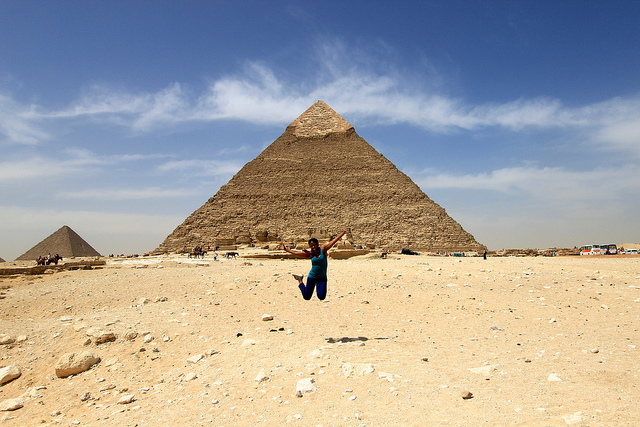
Now, you have the website and you’re writing and you’re a professional speaker and you work for the travel channel. You’re doing everything.
It’s been really great. I’m passionate about travel. I’m passionate about international living. I’m passionate about incorporating travel into your lifestyle, even in the smallest of ways. I’ve really been lucky. Not only have I had the opportunity to travel, but I’ve also had the opportunity to share this passion with others and make money from it.
It clearly resonates because you have a lot of followers and you’re friends with lots of other prominent travel bloggers.
Absolutely. It’s a beautiful thing to see. People who work in travel media all have a story to tell, and it’s such a wonderful thing when you realize that that story resonates with others and effectively inspires others to go out and live extraordinary lives.
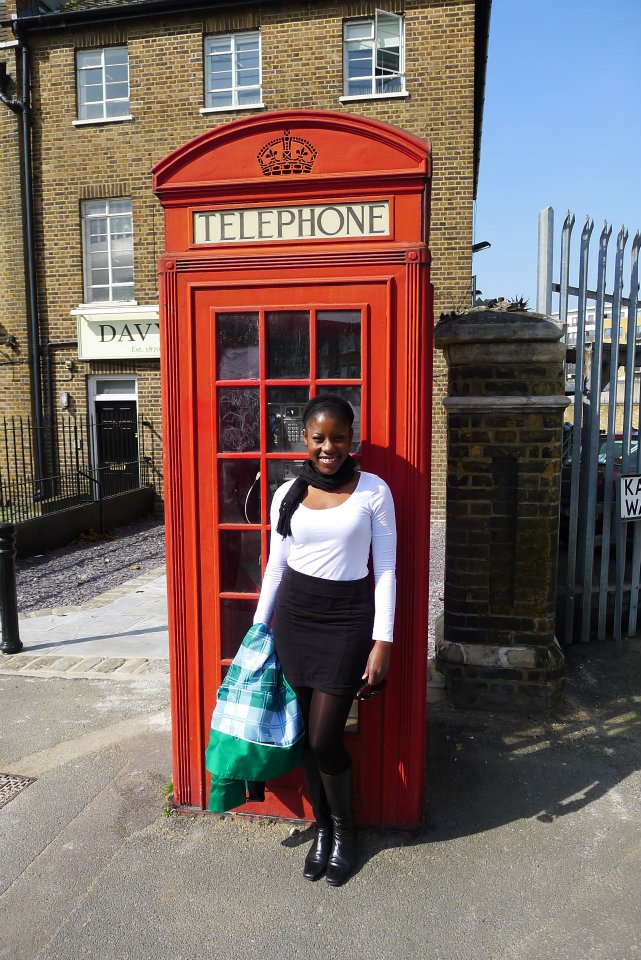
Last October, you expressed dissatisfaction with Instagram and it really resonated with people. Can you walk us through that?
Eventually, I felt frustration with Instagram for a few reasons. I felt frustrated with the game that Instagram is. It’s a game that I play as one who is a travel influencer. I’m a travel writer, host, blogger, and an influencer. I felt frustrated with Instagram because I feel as though, to a certain degree, women travelers or women travel influencers on Instagram only have a few options if they want to be popular. I feel as though there is a certain aesthetic that is lauded or is popular on Instagram for women who are in the travel space.
It’s an aesthetic which I outlined very explicitly in my initial posts. And that, in and of itself, isn’t necessarily the problem to me. I think that Instagram is a visual medium and, at the end of the day, what we’re all creating on the platform is art. I guess what my frustration was, or my current frustration still is with Instagram, is that I would like to see wider representations of travel from female travel writers and influencers. I feel as though, to a degree, as a woman who is in that travel media space, there’s a look that’s promoted and that is popular. I find that it can be limiting and it can be frustrating for women who are hoping to make it outside of what is a really narrow aesthetic.
It’s a lot to unpack because I’m part of the game, at the end of the day. I really am part of the problem because this is the machine, this is what’s popular, and as I make my living from Instagram, at least partially, I’d be a fool not to follow trends. At the same time, I wish that a picture of a beautiful landscape from me would get as much attention as a picture of me in a floppy hat and a beautiful dress.
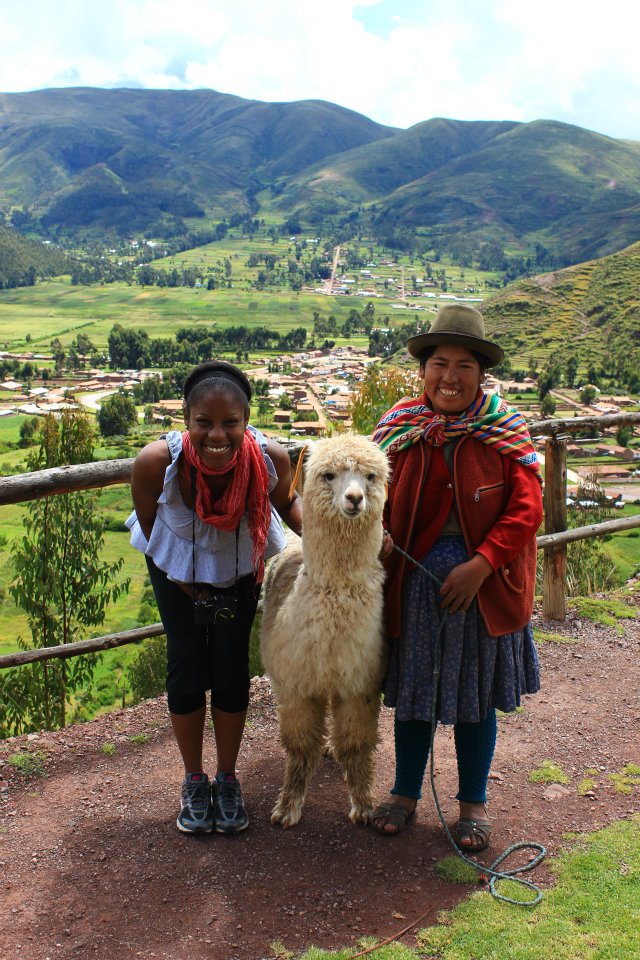
The floppy hat, beautiful dress thing sort of stymies me because I think it reflects who the audience is. That’s got to be a female audience.
Yeah, I think just in general as human beings, we like that which is beautiful, that which is attractive. And so it made complete sense. Listen, I will be completely transparent. I’m someone who loves fashion. In my everyday life, I wear floppy hats and flouncy dresses. But I just wish that there was also a place for women who could not fit that aesthetic, especially given that men do not have to adhere to it. I think that men are really appreciated as serious photographers. Once again, let me clarify, I’m talking about people, men in the travel media, travel blogging space.
I feel as though men do not have similar pressures or they don’t have to adhere to this standard. I feel, in fact, that it’s a double standard because men are more appreciated for their landscape photography and such. Whereas us women, in order to be very successful in the space have to don our floppy hats and Boho dresses and so on and so forth.
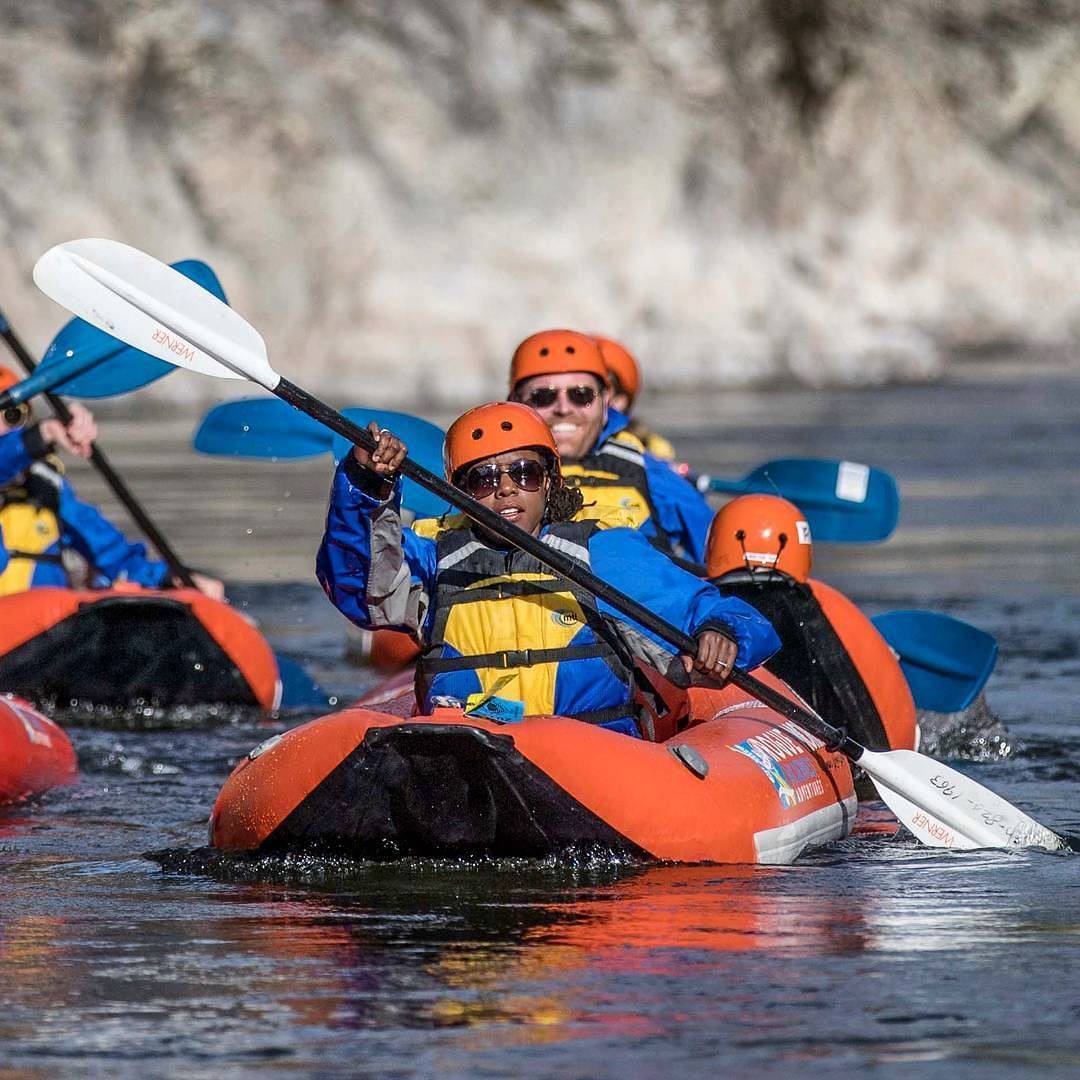
Did you get any pushback, what was the reaction?
I had a lot of people with whom the post resonated; they absolutely agreed, and they said that they felt similar pressure, that they themselves were very frustrated with the app and its current trends. Then, I had a lot of women who pushed back and were essentially calling me a hater. There was some sub tweeting involved. I wasn’t necessarily called out by name, but it would appear people were referring to that article. I think that those people who were pushing back at me really missed the mark. They really missed the point of what I said, both in my initial post and in the independents. Because in no way was it meant to be an attack on aesthetic; it was more so a lamentation of this aesthetic and wish that more full representations of women would be appreciated and applauded.
Once again, I love the floppy hat and the flouncy dresses and so on and so forth, but I don’t want to feel as though every time I post a picture on Instagram, it has to be that or else I won’t get likes because I definitely have posted other content and then realized it doesn’t get as much of a response, which is unfortunate.
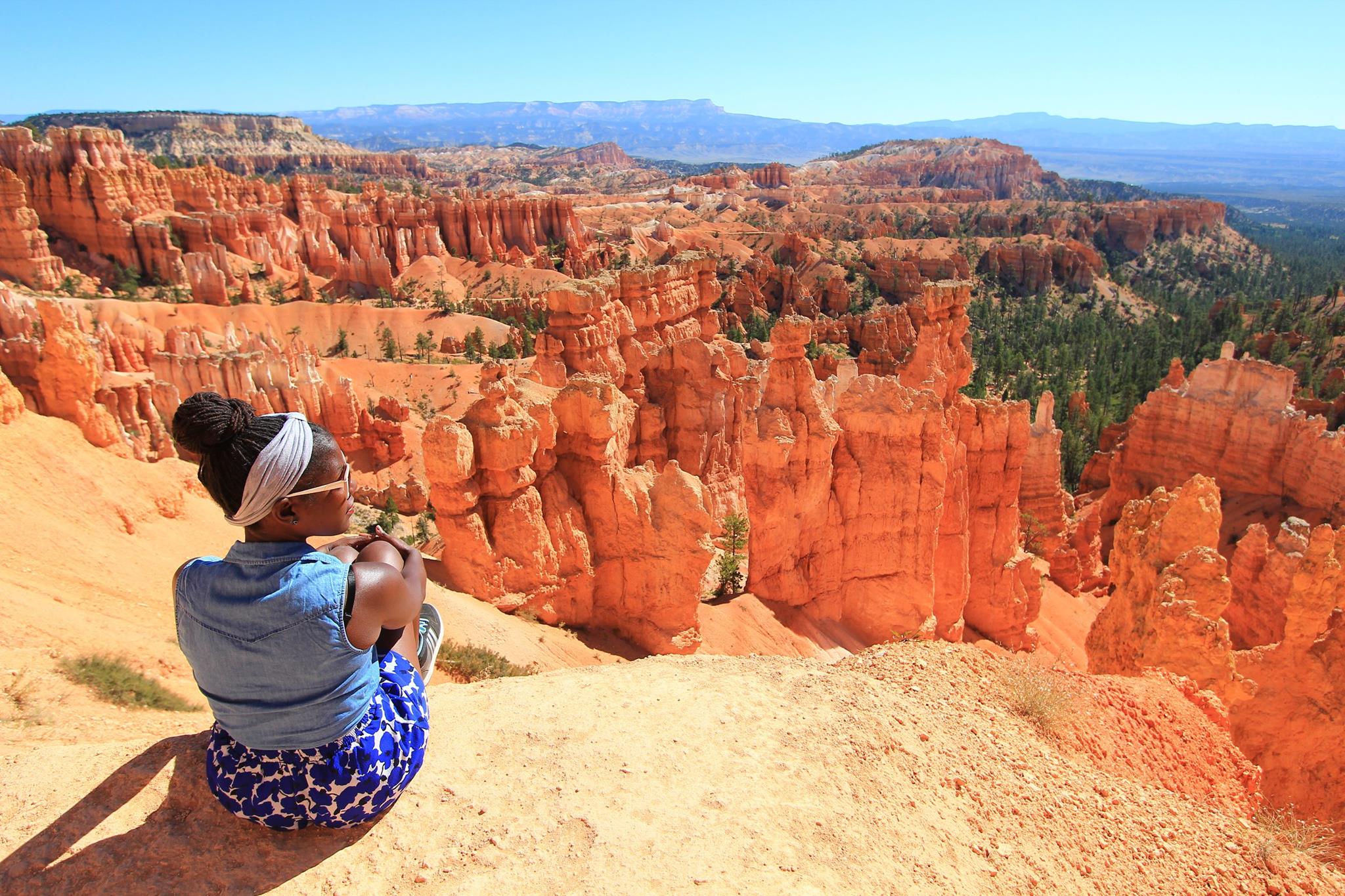
It is difficult when you encounter those moments where you’re forced to confront the limitations of the world in which you exist.
Oh, my goodness. Absolutely, absolutely and that’s why I voice my frustration and I voice my concern because I realized that I was cropping my content to fit in this very specific mold. At the end of the day, sometimes I’m traveling and I don’t feel like putting on makeup. They’ll say, “Well, you know what? You don’t have to and nobody is forcing you to.” Absolutely, nobody is forcing me to, but, at the same time, if this is the way you gain your livelihood, this is something that you live off of, if you’re a travel influencer by trade, then you’d be silly not to take into account what’s popular and what drives engagement because, essentially, you’re leaving money on the table.
I think there’s this kind of wider concern and, for me, it’s not just about hating on people who dress a certain way because that would be silly. Rather, it’s about initiating a wider discussion about why specifically women in this space have to conform to this model in order to succeed. So maybe people were like, “Oh, well, you know, there are loads of women on Instagram who, you know, they don’t do that.” My response to that was, “Well, if you look at the ones who are the most popular at this current moment, they all kind of share that aesthetic.” That’s not to knock them or take anything away from them, of course. Because I’m so happy that women are successful. Period. But, at the same time, what does that mean for other women who either refused or are not being bold to consent to this aesthetic?
Yeah, I can put on a floppy hat and a dress and do what needs to be done, but I chose to comment on the larger implications of this and what this means for us in this specific field.
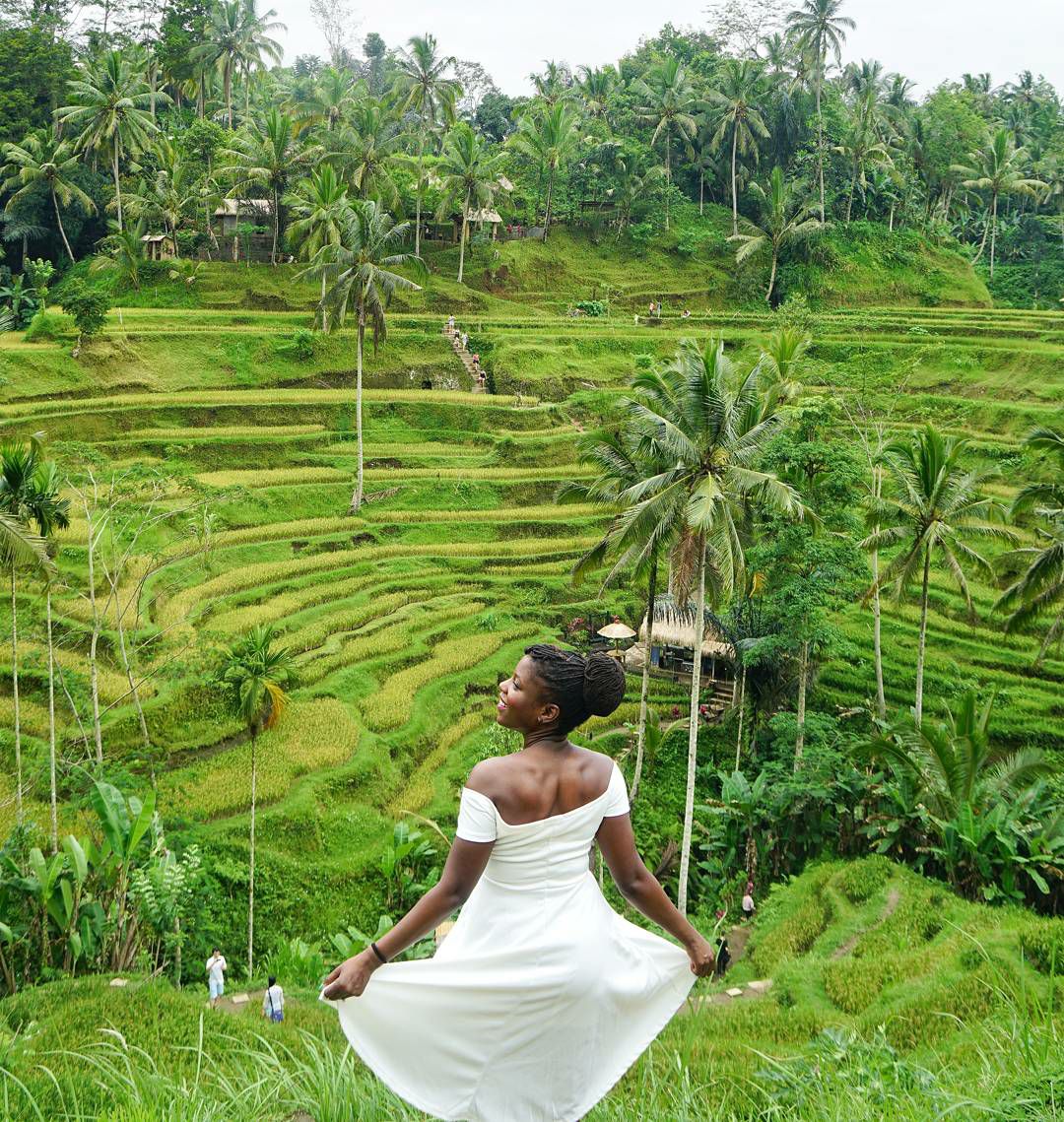
We cover travel bloggers periodically. I spoke with a woman named Alyssa Ramos and a lot of it was about mediating being conventionally attractive and trying to fight against that to prove that the things she was earning, she was earning through hard work and talent. I think that more and more women who work in the travel media are starting to chafe at those expectations.
I think that’s why these discussions are ones that need to be had. But, you know, Instagram is a visual stadium. People respond to this aesthetic and I think, again, the larger question is, why do we respond to that aesthetic and not to different types of imagery coming from women? What are the expectations for women in this travel media space in terms of how they should look, how they should pose, what type of content they should put out, what success means for these women, what they need to do to be successful in this space? These are all questions that I ponder, especially as someone who’s been in the industry for a really long time, before Instagram was a thing.
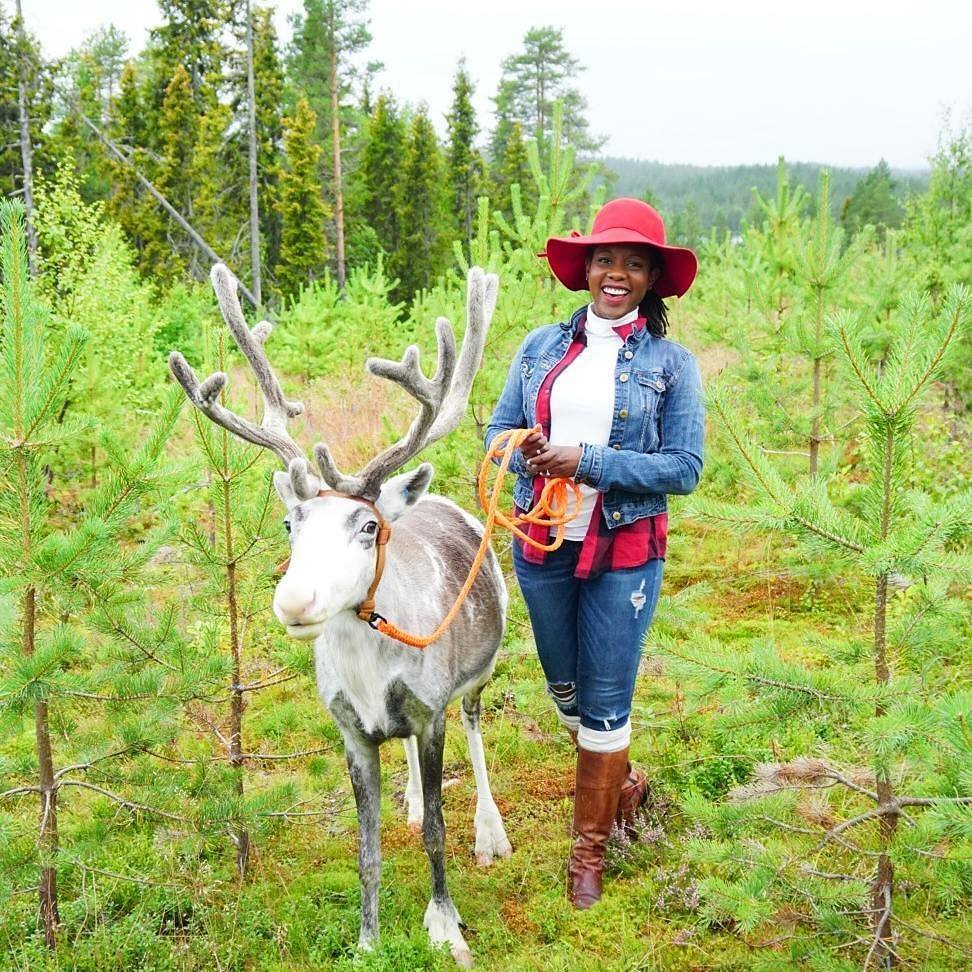
Do you see any of it changing anytime soon or do you think you’re at the beginning of people even wanting it to change?
I think that the more we talk about it and the more people recognize that there are changes that could be made and there are issues that persist in the industry, I think things will change. I think we’re at the beginning of these conversations and I think given how much my post resonated with those people in the industry, going forward, more people will be inclined to speak up and speak out. We’ll see. I don’t know how Instagram will grow and change in the next couple of years because it’s already grown and changed so quickly, so rapidly. But I’m happy that these discussions are being had and hopefully, the more we have these discussions, the more we’ll be able to initiate change in the future.
